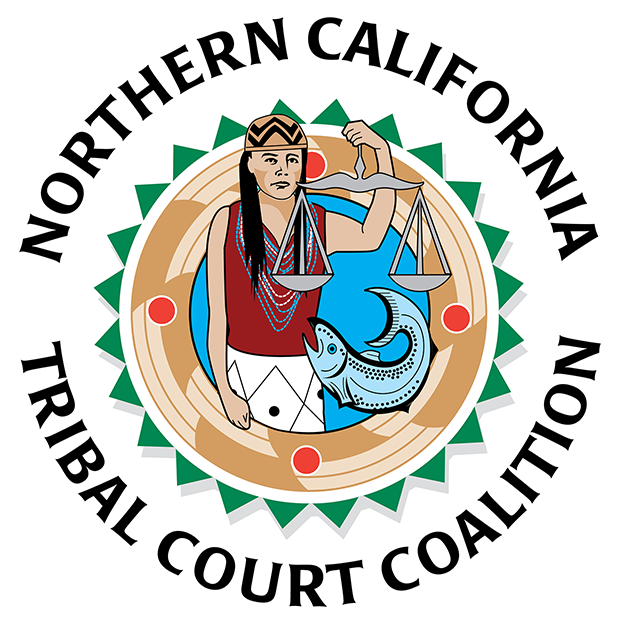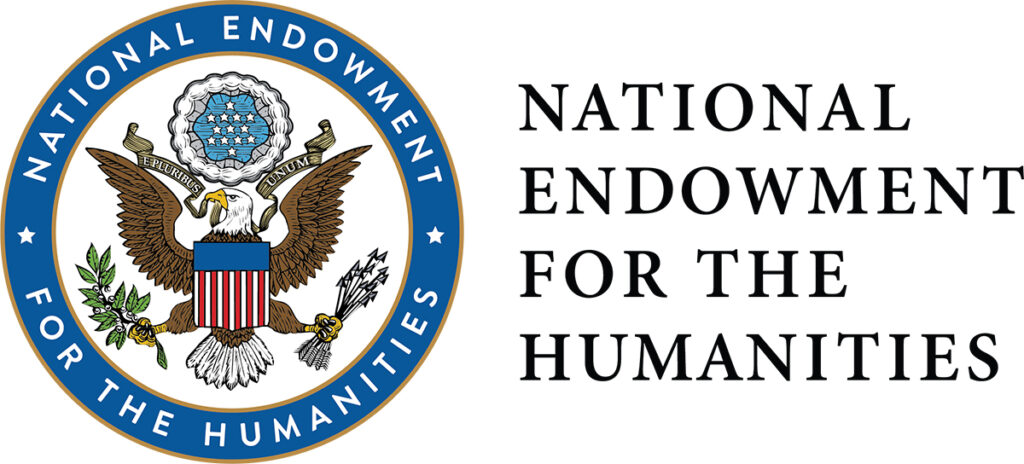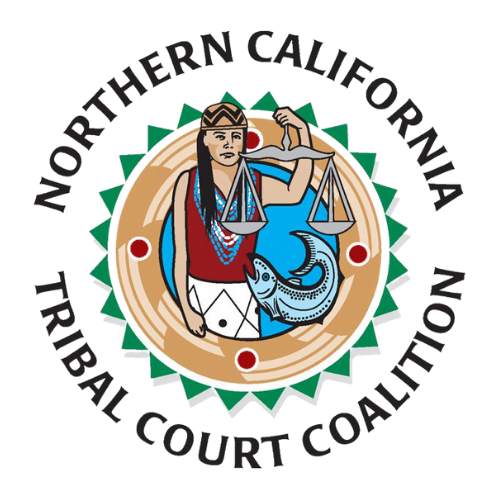
Eureka, CA – Northern California Tribal Court Coalition received a $50000 grant through the Association of Tribal Archives, Libraries, and Museums (ATALM) American Rescue Plan: Humanities Grants for Native Institutions. This grant opportunity is intended to help Native Cultural Institutions to recover from the COVID-19 pandemic and provide humanities programming to their communities. Funds were provided by the National Endowment for the Humanities (NEH) as part of the American Rescue Plan Act of 2021 passed by the U.S. Congress.
Funds support the Weaving Wellness: Connecting the Humanities and Healing Project that will support an intertribal project that uses Indigenous humanities content to support healing for victims of domestic violence. Collaborating with Indigenous focus groups, tribal advocates, and victim service providers, NCTCC will identify, collect, and curate a collection of identity-based, cultural wellness materials so that Native victims of violence, their families, and their advocates can access culturally appropriate methods of trauma recovery, healing, and wellness. Tribes are the Bear River Band of the Rohnerville Rancheria; Cher-ae Heights Indian Community of the Trinidad Rancheria; Tolowa Dee-ni’ Nation; Yurok Tribe; Karuk Tribe; and Hoopa Valley Tribe.
“COVID-19 hit Tribal communities particularly hard. The pandemic is not only responsible for the loss of culture keepers, Native language speakers, elders, and government leaders, but also the closure of cultural institutions, furloughed staff, and reduced programming,” said ATALM President Susan Feller. “This opportunity will provide much-needed financial support and create humanities-based programs that bring cultural practitioners and the public together in a dialogue that embraces the civic and cultural life of Native communities.”
Northern California Tribal Court Coalition was selected by an independent Peer Review Committee and is one out of 84 awardees to receive funding. Other awardees representing 25 states include Tribal governments and Native nonprofit organizations, as well as higher education institutions and non-native nonprofit organizations working in partnership with state or federally recognized tribal entities. A total of $3.26 million was granted. A list of grantees is available at www.atalm.org
“The National Endowment for the Humanities is grateful to the Association of Tribal Archives, Libraries, and Museums for the association’s important work in administering American Rescue Plan funding to help Native American cultural institutions recover from the pandemic,” said NEH Chair Shelly C. Lowe (Navajo). “These grants provide valuable humanities resources to tribal communities and represent a lifeline to the many Native heritage sites and cultural centers that are helping preserve and educate about Indigenous history, traditions, and languages.”
###
ABOUT NORTHERN CALIFORNIA TRIBAL COURT COALITION
NCTCC is a collaboration of the Tribal Courts of Bear River Band of Rohnerville Rancheria, Hoopa Valley Tribe, Karuk Tribe, Tolowa Dee-ni’ Nation, Trinidad Rancheria, and Yurok Tribe. NCTCC is a 501(c)(3) organization chartered under the laws of the Hoopa Valley Tribe and the State of California. NCTCC’s mission is to Promote and Strengthen Tribal Justice Systems to Restore Balance and Order in our Communities, While Honoring Sovereignty and Cultural Values.

ABOUT THE NATIONAL ENDOWMENT FOR THE HUMANITIES
Created in 1965 as an independent federal agency, the National Endowment for the Humanities supports research and learning in history, literature, philosophy, and other areas of the humanities by funding selected, peer-reviewed proposals from around the nation. Additional information about the National Endowment for the Humanities and its grant programs is available at: www.neh.gov.

ABOUT THE ASSOCIATION OF TRIBAL ARCHIVES, LIBRARIES, AND MUSEUMS
The Association of Tribal Archives, Libraries, and Museums (ATALM) is an international association dedicated to preserving and advancing the language, history, culture, and lifeways of Indigenous peoples. Founded in 2010, ATALM maintains a network of support for Indigenous cultural programs, provides professional development training, enables collaboration among tribal and non-tribal cultural institutions, and advocates for programs and funding to sustain the cultural sovereignty of Native Nations. To learn more, visit www.atalm.org


